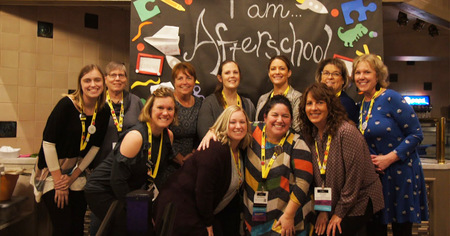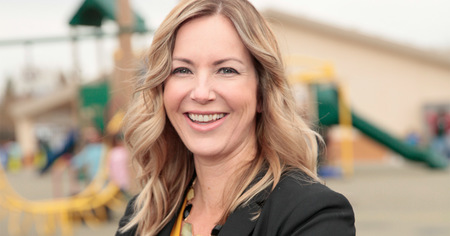They're also often required to maintain current first-aid certification.
Organizational and program policies cover physical health and safety, which has become increasingly important as we navigate the challenges of many unknowns related to COVID-19. But what about "psychological first aid": aka PFA? Are the members of our field equally equipped to support those affected by trauma resulting from the ongoing bad news and challenges related to the pandemic, racism, natural disasters, and more?
A recent Washington Post article shared the basics of "psychological first aid" and why these basics are vital to know:
- Address basic bodily needs. If you know people who are struggling to get enough food, water, or shelter, help them directly or indirectly. Make a conscious effort to consume nutritious foods, stay hydrated, get enough sleep, do some form of physical activity every day, and avoid using substances such as alcohol or cigarettes to cope.
- Avoid further harm. Protecting people from additional distress is a key aspect of PFA, according to the article. Check to make sure conditions are physically safe, then take steps to ensure emotional "safety" by treating others and yourself with respect and compassion. This includes trying to protect yourself from information overload.
- Keep calm to carry on. Maintaining a gentle tone of voice can have a calming effect on distressed people around you. Remind yourself and encourage others to do a relaxing activity. When you feel stress-overload coming on, hit the pause button on what you're doing and focus on deep breathing.
- Set priorities. Consider your and others' most urgent needs, including how to prioritize and address them, versus what can wait. This can help to distinguish between what you can and can't control.
- Build hope. Especially during periods of uncertainty. One effective way to do this is to consciously focus on what's going on right now. This could also include keeping a gratitude journal.
- Connect with others. Physical distancing doesn't have to mean social distancing. Reach out to friends and family members on social media; try to rekindle old friendships by phone, text, email, or video conferencing. Consider establishing your own coronavirus-safe pod or bubble so you can spend in-person time with supportive people.
- Practice good communication. When youth or others are distressed, practice active listening by giving them your undivided attention and letting them take their time expressing themselves, rather than pressuring them to talk or immediately providing advice.
- Reinforce coping skills. Ask someone who is distressed about coping mechanisms used in the past and encourage the person to use those strengths and strategies to handle the current situation.
How are you providing PFA for yourself and others?
Courtesy of NAA.




